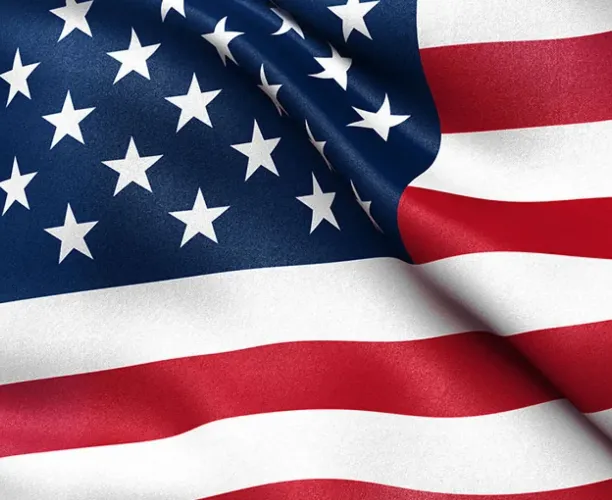

Know the New America & Beyond: October 2025
The U.S. government has now been shut down for nearly a full month as America’s two major political parties play a high-stakes game of chicken. The fight centers around whether or not to extend subsidies for Americans who buy their health insurance through the government, and 60% of Americans agree the subsidies are important enough that they are worth holding out for, as Democrats are doing, according to new Reuters/Ipsos polling.
While Americans are generally concerned about the shutdown, which is now the second-longest in the nation’s history, many people outside of government have not yet noticed the ways they are affected by it. Since the shutdown’s beginning, though, there has been concern that it will affect more people: Nearly half of Americans (49%) are worried the shutdown will eventually cause problems with government payments for retirees or students, according to Reuters/Ipsos polling from early October.
There are many ways international brands selling to the U.S. are already affected by the shutdown – and the effects are growing larger as it goes on. Americans who rely on government subsidies to buy food could soon miss those payments, causing food & beverage and retail brands around the country to feel a pinch. Companies developing regulated products from alcoholic beverages to pharmaceuticals will face delays with government employees unable to move innovations through the pipeline. And, of course, the government is also one of the largest employers in the U.S. – meaning that, as the holiday season approaches, millions of people will have less money to spend during a crucial time for the global economy.
Read on to discover the latest insights on America from Ipsos. Thank you for reading — please contact us to help you navigate this uncertain environment.
Read on to discover the latest insights on America from Ipsos.

The future indulgence economy: Where luxury meets vice
As the luxury and vice markets collide, Americans are redefining indulgence from seven-figure weddings to prediction markets. Exclusive data and analysis show which brands will win.

Most Americans support U.S. recognition of a Palestinian state
Most Americans — including 80% of Democrats and 41% of Republicans — think the U.S. should recognize Palestinian statehood, according to a new Reuters/Ipsos poll. Half (51%) of Americans also agreed that Trump "deserves significant credit" if peace efforts between Israel and Hamas are successful.

Americans’ trust in public health agencies is declining
Nine months into the Trump administration’s efforts to make America healthy again, many Americans still don’t trust the federal government’s health agencies, according to new polling from the Axios/Ipsos American Health Index.
Trump’s overall approval remains relatively stable
While more Americans blame the Republican party for the ongoing government shutdown, it hasn’t affected President Trump’s approval rating, which sits at 42%. That’s within the margin of error (statistically unchanged), showing a lack of backlash against the president and his political party. Approval remains higher than this point in Trump’s first term, but lower than other presidents dating back to 2000.
Americans’ confidence in the economy is lower than last year, but relatively stable in recent months. However, as the holiday shopping season approaches, many are tightening their wallets: Just one in four Americans (27%) say they plan to spend more money on gifts this holiday season than they did last year, down five points from 2023.
What the rest of the world thinks
Canada
- Canadians dismiss U.S. annexation as unlikely to happen. Read more
- 83% of Canadians support a “Buy Canadian” mandate for government advertising spending. Read more
- Buy Canadian” movement may be here to stay among those making the change: 82% will continue after Canada-U.S. Crisis is over. Read more
United Kingdom
- UK Prime Minister Keir Starmer is now less popular than Donald Trump in Scotland. Read more
Switzerland
- Proponents of international aid outnumber opponents by nearly four to one. Read more
And finally, other Ipsos global reports this month
- AXA Future Risks Report: The perception of living in a world facing multiple crises became more pronounced in 2025, according to a new global survey of 23,000 citizens and 3,595 risk experts. Nearly all citizens surveyed believe that the number of crises has increased (93%, up 3% from 2024), with climate change again coming out as the number one “future risk” for people and risk experts alike.
- The State of our Health: For the third year running, mental health is seen as the biggest health issue, according to our new 30-country report. This year’s Ipsos Health Service Monitor also features a look at the impact of GLP-1s – awareness is widespread in the US and many advanced economies, but not so much in other markets.
- From Pixels to People: Consumers now turn to AI not just for information, but for conversation, advice, and inspiration on products and services. This shift is reshaping the path to purchase, yet for most organizations, this new frontier remains a dangerous blind spot.



